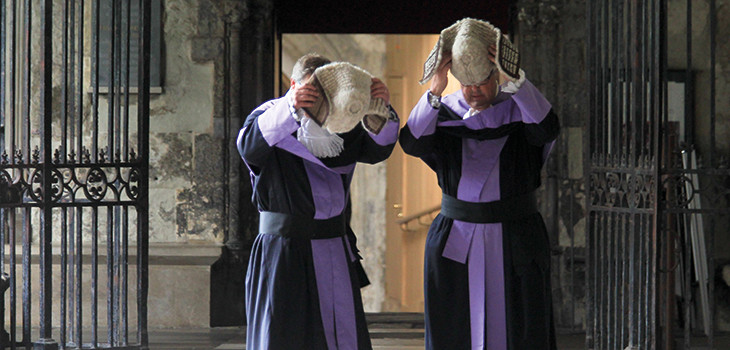
By comparison, there are about 17,000 barristers and fewer than 9,000 Chartered Legal Executives.
Gould writes: ‘There is no doubting that all of these judicial appointees do important work and that maintaining very high levels of confidence in them is perhaps the key element in maintaining confidence in the rule of law itself.
‘Yet, how judges are regulated and disciplined, as well as when and why, is not well known even among legal professionals; still less among the public at large.’
He looks at the work of the Judicial Conduct Investigation Office, questions whether it is transparent enough, and extolls the virtues of open justice.
‘It is a mistake to think that information concerning one judge’s misconduct damages the collective reputation of judges,’ he writes.





.tmb-mov69x69.jpg?sfvrsn=961ae4db_1)
95ca96e3d47f4eff8d147c4f0df17c77.tmb-mov69x69.png?sfvrsn=3db5d86b_1)

